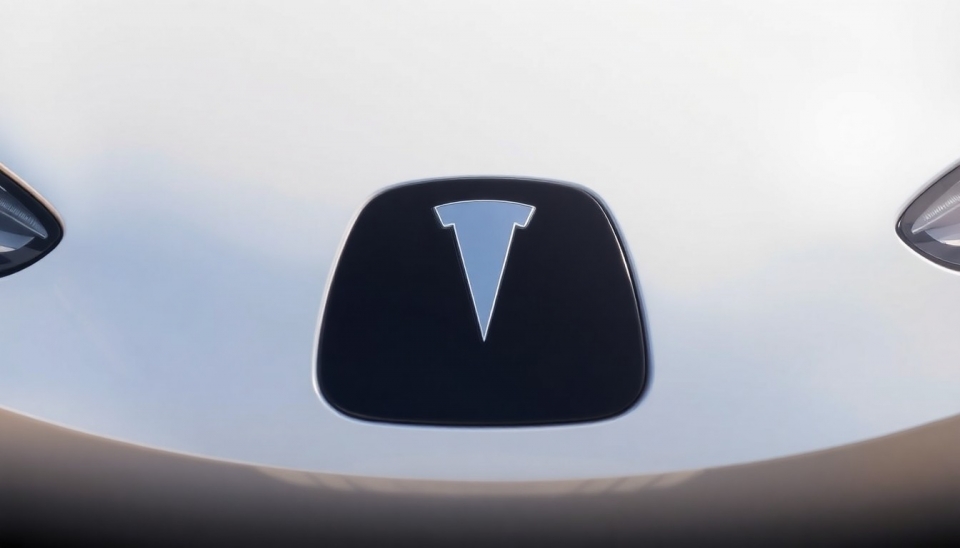
Tata Motors, a prominent player in the Indian automotive industry, revealed a significant development in its electric vehicle (EV) production strategy. The company stated that the costs associated with manufacturing electric vehicles have seen a marked decrease due to a decline in battery prices. This announcement signals promising news for the growing EV market in India as well as for consumers looking for more affordable electric options.
The decline in battery costs, attributed to advancements in technology and increased production efficiencies, has made it more feasible for Tata Motors to produce and offer electric vehicles at competitive prices. This strategic shift aligns with the company’s commitment to sustainability and reducing carbon emissions, as the Indian government pushes for greater adoption of electric vehicles to combat pollution and reliance on fossil fuels.
According to Tata Motors, the decreased production costs will not only benefit the company's bottom line but is expected to bolster consumer interest in EVs. The company is poised to use its extensive manufacturing capabilities to scale up production without incurring the previously high costs linked to battery sourcing. This factor is critical for Tata Motors as it aims to capture a larger market share in the rapidly evolving electric vehicle segment.
As the demand for electric vehicles grows, driven by environmental concerns and government incentives, Tata Motors is well-positioned to be a leader in India's transition to cleaner mobility. With several new models on the horizon, the company plans to leverage the reduced costs to improve the affordability of its EV offerings, making them accessible to a wider audience.
The reduction in battery prices is largely influenced by global supply chain improvements and innovations in lithium-ion technology, which are essential for electric vehicle performance. Tata's optimistic outlook is likely to encourage other automotive manufacturers in the region to follow suit, pushing for further advancements and price drops in electric vehicle components.
Industry analysts believe that Tata Motors' strategy could have a ripple effect, stimulating competition and innovation across the EV market. Moreover, as battery costs continue to fall and government policies favoring EVs strengthen, the future of electric mobility in India appears to be on a promising trajectory. Tata Motors aims to capitalize on this momentum while paving the way for a greener future in transportation.
The company’s latest move is not just a financial strategy, but also part of a greater vision to enhance electric vehicle adoption in India. Tata Motors believes in leading by example and hopes that lowering EV costs will spur consumer confidence and encourage greater acceptance of electric vehicles in the mainstream market. The company’s commitment to a more sustainable automotive landscape could set a benchmark for both existing and new entrants in the industry.
As Tata Motors continues to innovate and refine its electric vehicle offerings, the optimistic projections surrounding decreasing battery costs could revolutionize the Indian automotive landscape, ultimately benefiting consumers and the environment alike.
Overall, Tata Motors’ announcement regarding reduced costs for electric vehicle production represents a crucial milestone in the shift towards sustainable transportation, reflecting a positive trend that bodes well for the future of electric vehicles in India.
#TataMotors #ElectricVehicles #EVs #SustainableTransportation #BatteryPrices #India #AutomotiveIndustry
Author: Emily Collins
